Midea Heat Pump Review: Critical Analysis of Hot Water Systems
The Midea heat pump range of hot water systems from Chromagen promises to deliver energy-efficient, reliable hot water all day and night while using up to 65% less energy than conventional water heaters. The performance and efficiency of the Midea heat pump are significantly influenced by the ambient temperature, which can affect its overall effectiveness.
The coefficient of performance (COP) of the Midea heat pump is affected by ambient temperature, with specific operational COP ratings defined at certain temperature levels to indicate the efficiency of the unit.
Compared to other heat pump brands available in Australia, the Midea heat pump range stands out for its competitive pricing and energy efficiency, making it a strong contender in the market.
Starting with energy efficiency, the Midea heat pump range offers a significant advantage over traditional electric storage systems, with up to 3.5 times cheaper ongoing running costs. This makes it an attractive option for those seeking a cost-effective and energy-efficient hot water solution. The product’s capacity, at 170 litres, is suitable for households of up to four people.
Installation requirements for the Midea heat pump range are straightforward, making it a great option for replacing existing electric storage hot water systems. The single-piece unit is designed for fast and easy installation, without the need for roof-top solar panels. However, issues with connections rusting early in the system’s lifecycle have been reported, requiring additional maintenance costs and affecting the system’s longevity.
In terms of operating temperature range, the Midea heat pump range performs adequately, providing reliable hot water throughout the day and night. However, the product is known to be prone to excessive fan noise, which can be disruptive to residents and potentially lead to user dissatisfaction.
Maintenance and durability are crucial considerations for any hot water system, and unfortunately, the Midea heat pump range falls short in this area. The average age of the systems we replace at JR is 3 to 5 years, indicating that they do not last as long as other hot water systems on the market. This is a significant drawback for potential buyers, as frequent replacements can result in higher long-term costs.
The Midea heat pump range is not explicitly designed for compatibility with renewable energy sources, limiting its potential to contribute to overall household energy savings. This can be a significant disadvantage for those looking to maximize their use of renewable energy.
When it comes to cost analysis, the Midea heat pump range’s low upfront cost and high efficiency make it a popular option on new home builds. However, potential buyers should consider the system’s potential maintenance costs and short lifespan when calculating long-term savings.
User experience is a crucial factor in selecting a hot water system, and the Midea heat pump range offers a user-friendly controller with an LCD display. However, issues with excessive fan noise and rusting connections can affect user satisfaction.
Manufacturer reputation is an essential consideration for any hot water system, and the Midea heat pump range is made by Chromagen, a well-established manufacturer with a reputation for producing semi-eliable hot water systems. However, the system’s short lifespan and potential maintenance issues may lead to a tarnished reputation in the long run.
Safety features are critical in hot water systems, and the Midea heat pump range offers standard safety features such as a thermostatically controlled system and safety temperature shut-off feature. Water quality is also important, and the system is designed to maintain high water quality standards.
While the Midea heat pump range may not offer the most advanced system controls and smart features found in some premium hot water systems, it does provide the essential functionality needed for a reliable and efficient hot water supply. Retrofit compatibility is also possible, making it a suitable option for upgrading existing hot water systems.
The Midea heat pump range from Chromagen offers energy-efficient and cost-effective hot water solutions for households of up to four people. However, potential buyers should consider the system’s short lifespan, potential maintenance issues, and excessive fan noise when making a purchasing decision. The product’s low upfront cost and ease of installation make it a popular option on new home builds, but long-term savings may be affected by maintenance and replacement costs. Overall, the Midea heat pump range provides a semi-reliable hot water solution but may not be a great option for those wanting anymore than a cheap install.
Back to Critical Hot Water System Product Reviews
Introduction
The Chromagen Midea heat pumps are a popular choice for Australian homeowners looking for an energy-efficient and cost-effective solution for their hot water needs, allowing users to save up to 65% energy compared to traditional water heaters. With its modern design and advanced technology, this heat pump has gained recognition in the market for its ability to provide reliable and efficient hot water supply. In this review, we will delve into the features, benefits, and technical specifications of the Chromagen Midea heat pump, as well as its installation, maintenance, and repair requirements.
Company Background and History
Chromagen is a well-established company with over 50 years of experience in hot water technology, focusing on solar thermal and other eco-friendly solutions. The company was founded in Israel and has since expanded its operations to Australia, with offices in Victoria, Western Australia, Southern Australia, New South Wales, and Queensland. Chromagen has partnered with Midea, a global powerhouse in consumer appliances, to bring the Chromagen Midea heat pump to the Australian market. Midea heat pumps are known for their reliability and energy efficiency, making them a cost-effective and eco-friendly choice for consumers.
Features and Benefits
The Chromagen Midea heat pump boasts several features that make it an attractive option for homeowners. Hot water heat pumps, such as the Chromagen Midea, are known for their performance, efficiency, and cost-effectiveness. These include:
-
Energy Efficiency: The heat pump uses up to 65% less energy than conventional water heaters, making it an excellent choice for those looking to reduce their energy costs.
-
Temperature Range: The heat pump can operate efficiently in a wide temperature range, from -20°C to 45°C, making it suitable for various climates.
-
Built-in Frost Protection: The heat pump comes with built-in frost protection, which ensures that the system continues to operate efficiently even in cold temperatures.
-
Low Noise Level: The heat pump operates at an average noise level of 48 dBA, making it a quiet and unobtrusive addition to any home.
-
Easy Installation: The heat pump is designed for straightforward installation, making it a great option for those looking to replace their existing hot water system.
Technical Specifications, Performance, and Energy Efficiency
The Chromagen Midea heat pump stands out among heat pumps due to its reliability, energy efficiency, and advanced features. These include:
-
Capacity: The heat pump is available in two capacities: 170 litres and 280 litres, making it suitable for households of up to four people and six people, respectively.
-
Coefficient of Performance (COP): The heat pump has a COP of 3-5, indicating its high energy efficiency.
-
Operating Temperature Range: The heat pump can operate efficiently in a wide temperature range, from -20°C to 45°C.
-
Noise Level: The heat pump operates at an average noise level of 48 dBA.
Energy Efficiency and Performance
The Chromagen Midea heat pump is designed to provide high energy efficiency and performance. With a coefficient of performance (COP) of up to 5, it can achieve energy savings of up to 65% compared to conventional water heaters. This impressive efficiency is achieved through the heat pump’s intelligent controller, which optimizes the heating cycle to maximize energy savings. Homeowners looking to reduce their energy costs will find this feature particularly attractive. Additionally, the heat pump’s built-in frost protection ensures reliable operation even in challenging conditions, with an operating temperature range from -20°C to 45°C. This makes the Midea heat pump a versatile and energy-efficient choice for various climates.
Noise Levels and Operating Temperature Range
The Chromagen Midea heat pump operates at a relatively low noise level of 48 dBA, making it suitable for residential areas where noise can be a concern. Its ability to function efficiently in a wide temperature range, from -20°C to 45°C, further enhances its appeal. This broad operating temperature range ensures that the heat pump can provide reliable hot water in diverse climate zones. However, it is worth noting that some users have reported issues with excessive fan noise, which can be disruptive. While the average noise level is low, potential buyers should consider this feedback when evaluating the heat pump’s suitability for their home.
Cost and Value for Money
The Chromagen Midea heat pump is competitively priced, making it an attractive option for budget-conscious homeowners. Its initial cost is lower than some of its competitors, which can be a significant advantage for those looking to save on upfront expenses. However, it is important to consider the long-term costs associated with maintenance and repairs. While the heat pump’s energy efficiency can lead to substantial energy savings over time, these savings may be offset by potential maintenance costs. The built-in frost protection and overall durability of the heat pump can help extend its lifespan, providing good value for money in the long run.
Heat Pump Comparison: Midea vs. Other Brands
In the competitive heat pump market, the Chromagen Midea heat pump stands out for its high energy efficiency and competitive pricing. However, it may not be the best option for every household. When compared to other leading brands like Rheem, the Midea heat pump offers a semi-reliable hot water solution but may fall short in terms of durability and long-term reliability. Rheem, for instance, is renowned for its top-class hot water systems and superior energy efficiency. While the Midea heat pump is a strong contender, potential buyers should carefully consider their specific needs and preferences when choosing between different heat pump brands.
Real-World Performance: User Reviews and Ratings
User reviews and ratings of the Chromagen Midea heat pump have been mixed, reflecting a range of experiences. Some users have praised the heat pump for its energy efficiency and ease of use, noting significant reductions in their energy costs. However, others have expressed concerns about the system’s reliability and noise levels. Issues with performance and customer service have also been reported, which can be a drawback for potential buyers. Overall, the Chromagen Midea heat pump has received average ratings, with some users highlighting its value for money and others pointing out its limitations. This mixed feedback underscores the importance of considering both the pros and cons before making a purchasing decision.
Installation, Maintenance, and Repair
The Chromagen Midea heat pump is designed for easy installation, and its compact design makes it suitable for most household environments. The heat pump requires regular maintenance to ensure optimal performance, including:
-
Regular cleaning of the air filter
-
Checking the refrigerant levels
-
Inspecting the electrical connections
In the event of a malfunction, the heat pump can be repaired by a qualified technician. The heat pump comes with a warranty period of 5 years for the tank and 3 years for the compressor, providing homeowners with peace of mind.
Overall, the Chromagen Midea heat pump is a reliable and efficient solution for homeowners looking to reduce their energy costs and carbon footprint. Its advanced technology, compact design, and easy installation make it an attractive option for those looking to upgrade their hot water system.




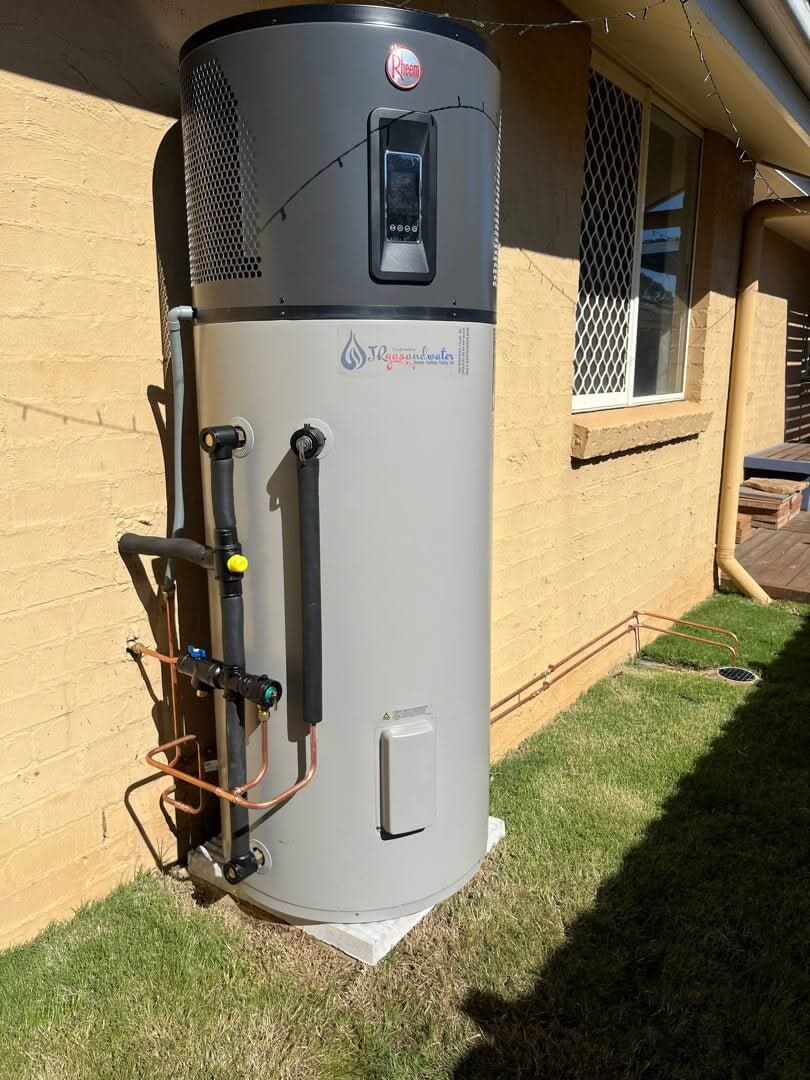
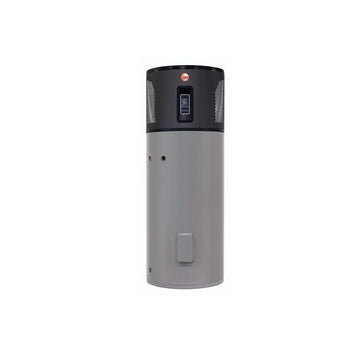

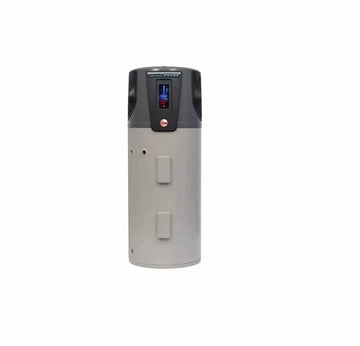
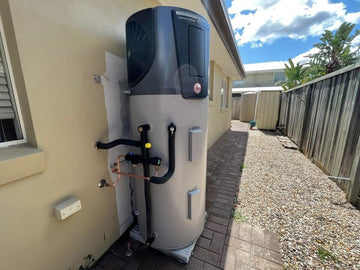
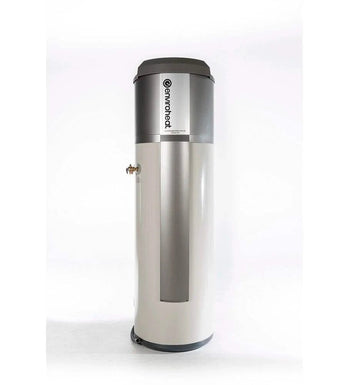

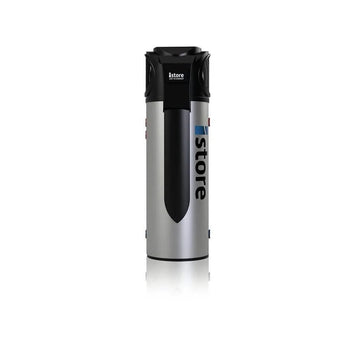
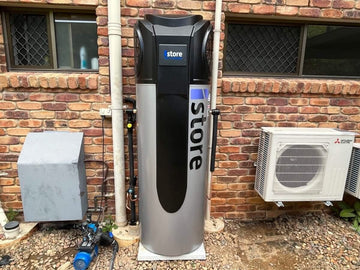


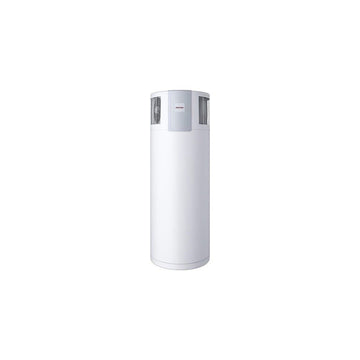
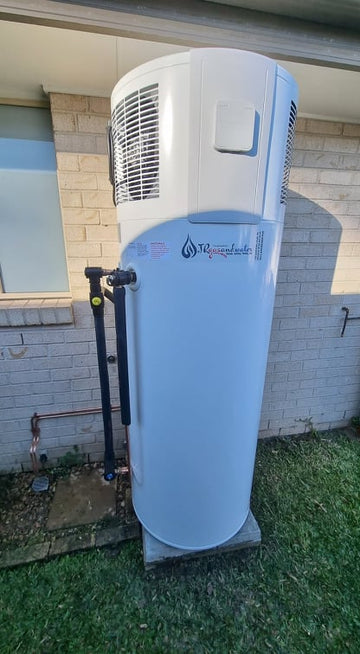




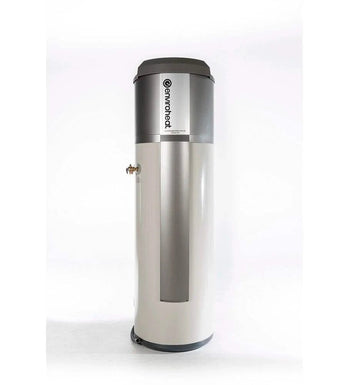
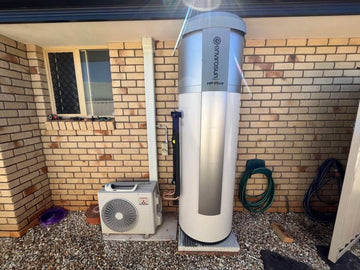



Leave a comment